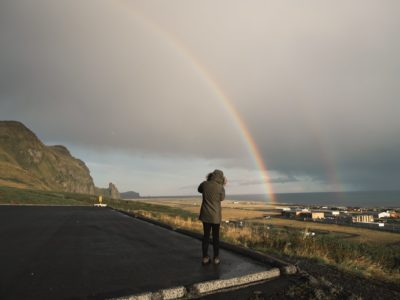Despite my firm atheism, I know I’m God’s favorite because my room has superb lighting. Morning sunlight seeps through the greenery outside my window.
I wake up to my favorite color every morning of quarantine.
The short answer when people ask me about my favorite color is green. The longer and more accurate answer is komorebi, a Japanese word that translates to “sunshine filtering through the leaves of trees.” Of course, leaves are not exclusively green, but the trees I grew up climbing always sprouted vibrant greenery. A small ribbed leaf the color of the grass in the Lord of the Ring’s Shire flutters to my computer as I type.
Phoebe Bridgers’ ethereal voice lilts through my headphones. I’m addicted to the tundra of her music and her odd, insightful poetry. My ears know Stranger in the Alps, her restless, emotionally incising album, like I know the creaks of the stairs leading up to my room. Maybe better. I still can’t decide if my obsession with her is rooted in narcissism (we share an uncommon name) or good taste.
Music enhances the outdoors. I notice the nuances in shades of green more when I listen to Phoebe Bridgers. I notice more of everything now that I’m chained to my family’s house in Portland, Oregon.
Quarantine gifts me with time to notice. Isn’t noticing a step away from appreciation?
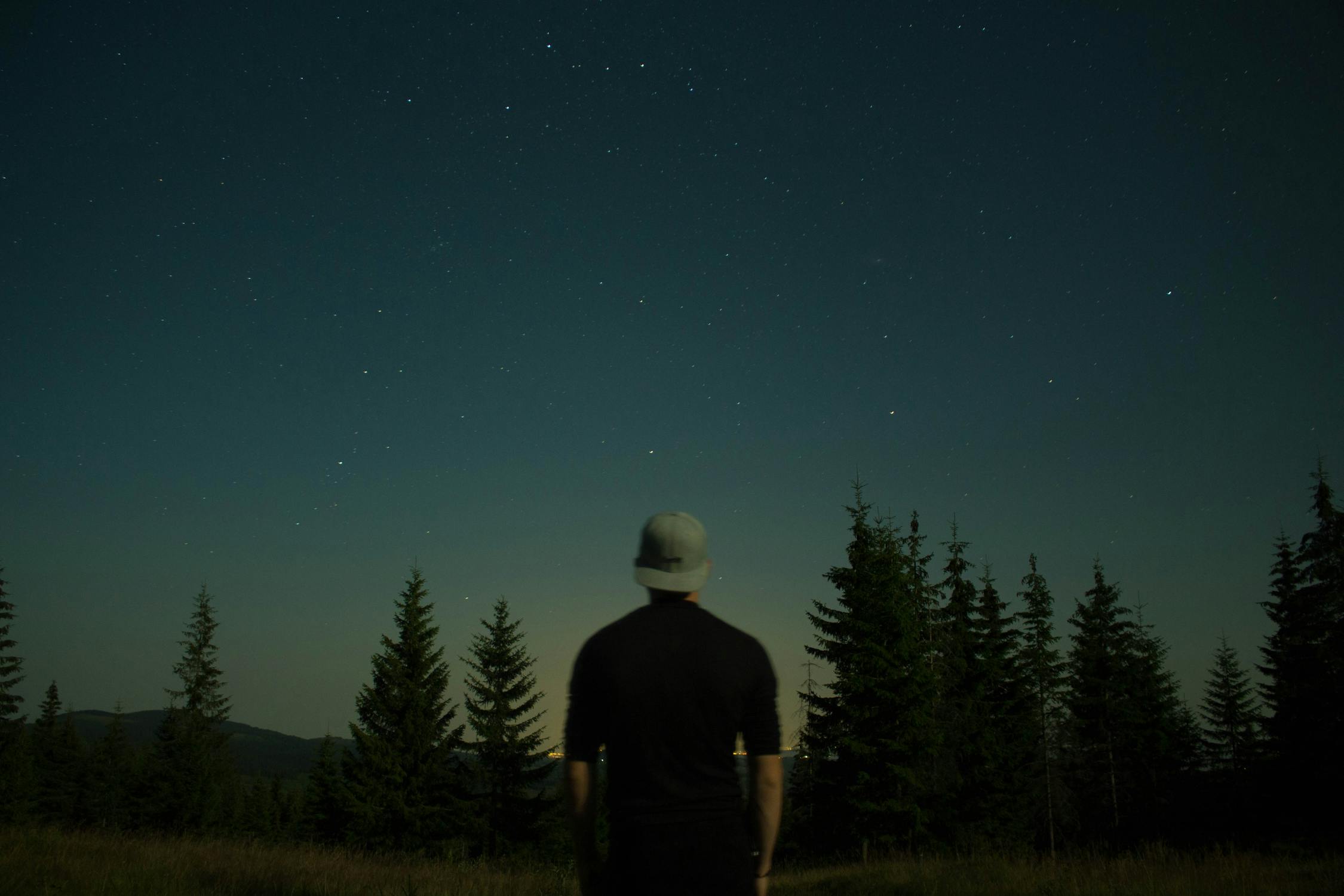
As much as this pandemic has unhinged everyone’s lives, time to notice and then appreciate is a rare privilege. Especially in a world that values constant productivity. Pessimistic outdoor enthusiasts might scoff and ask what quarantine offers us to notice beyond the walls of our homes. We are now estranged from the natural phenomena that call to us. Surfers flounder on land, deprived of waves, and hikers miss the crunch of dirt beneath their boots.
But the outside does not exist for humans; the environment grows and changes independent of and despite humanity.
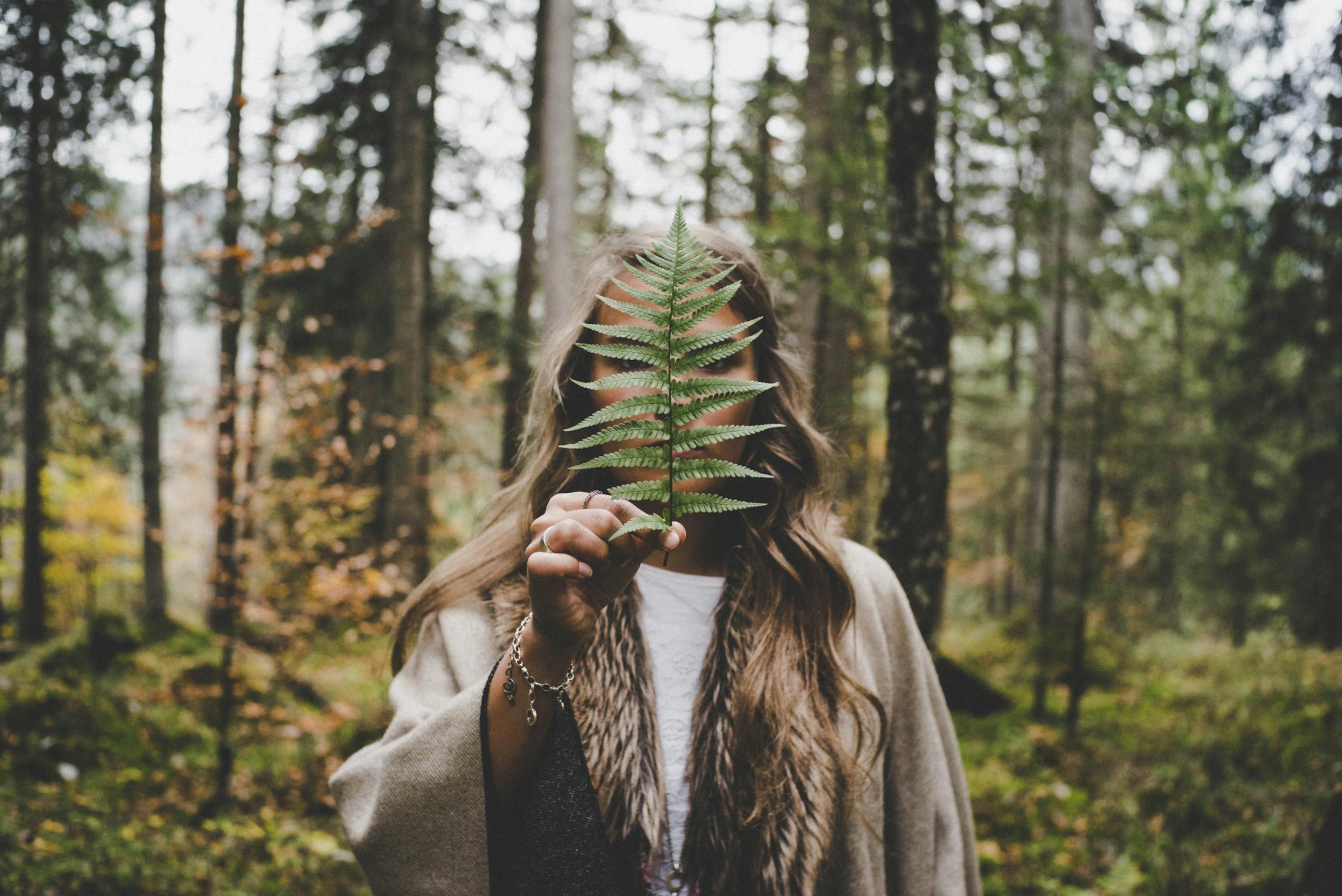
And yet we are inextricable from our environment. I am inextricable from the woods and the greenery that drips over Oregon.
When schools began to close their doors and evict students I moved from San Diego to Portland. An Oregon spring sucks the blues out of your body. The precious days of heat lick your skin, and the days of rain offer fragrant blooms. Oregonians aren’t like spoiled Southern Californians. We take what we get without a fuss over sunburns or uneven tan lines. We run barefoot in our yard and thrive in urban forests. Oregonians don’t invade nature with bikini photoshoots or fluff up the outdoors with superficiality; we blend in. We celebrate nature for its own sake, and not as a means to a popular Instagram post. I think our ability to blend in is why Portland notices nature. We’re absorbed in the trees instead of our phones.
Portland in quarantine is Portland in love with outside.
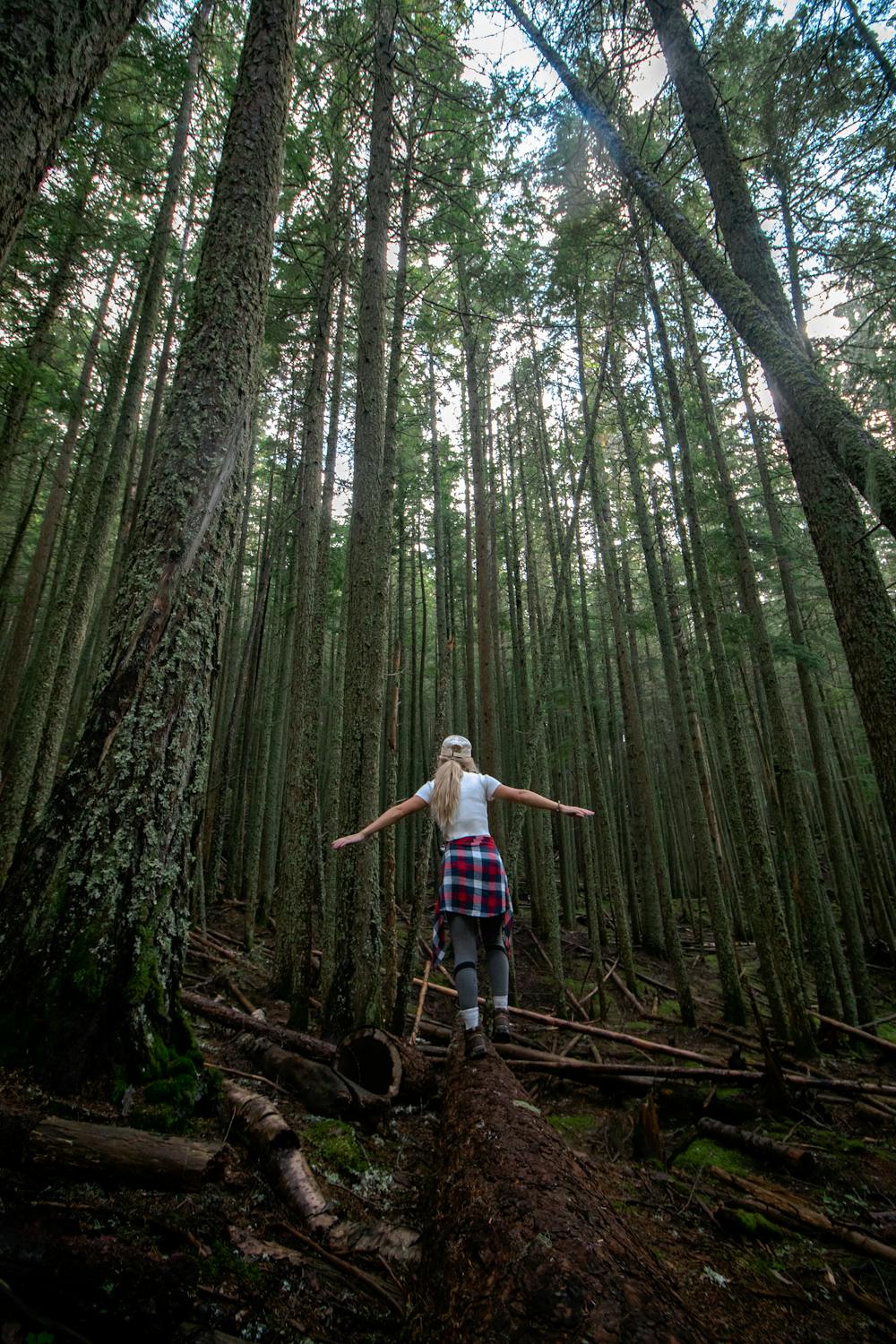
Every porch fills with families, yards teem with Adirondack chairs and soccer balls, sidewalks are covered in chalk, and streets are alive with people (six feet apart, of course). Now that we have time, we flock to the outdoors. Outside is no longer a vehicle to another inside destination. But it’s not only the outdoors that we’re noticing. We’re noticing each other. We are a part of our environment.
Today I biked by the waterfront and I nodded to cyclists and runners in masks. I noticed their eyes. Dark green. Deep set. Dazed. I never stop when I whizz around on my road bike. But the once empty lots next to the river snagged my attention. My wheels dove to the right and I came to a stop. Tents lined the lot and people sat on the ground, one in a black hoodie staring at the sunset. Portland had opened new shelters for people experiencing homelessness. Two days ago I saw a campsite of unsheltered people along a bike path overgrown with beautiful weeds. They had portable toilets. And as people passed they waved to the people who emerged from tents.
What is it about a pandemic that makes us recognize one another’s human dignity?
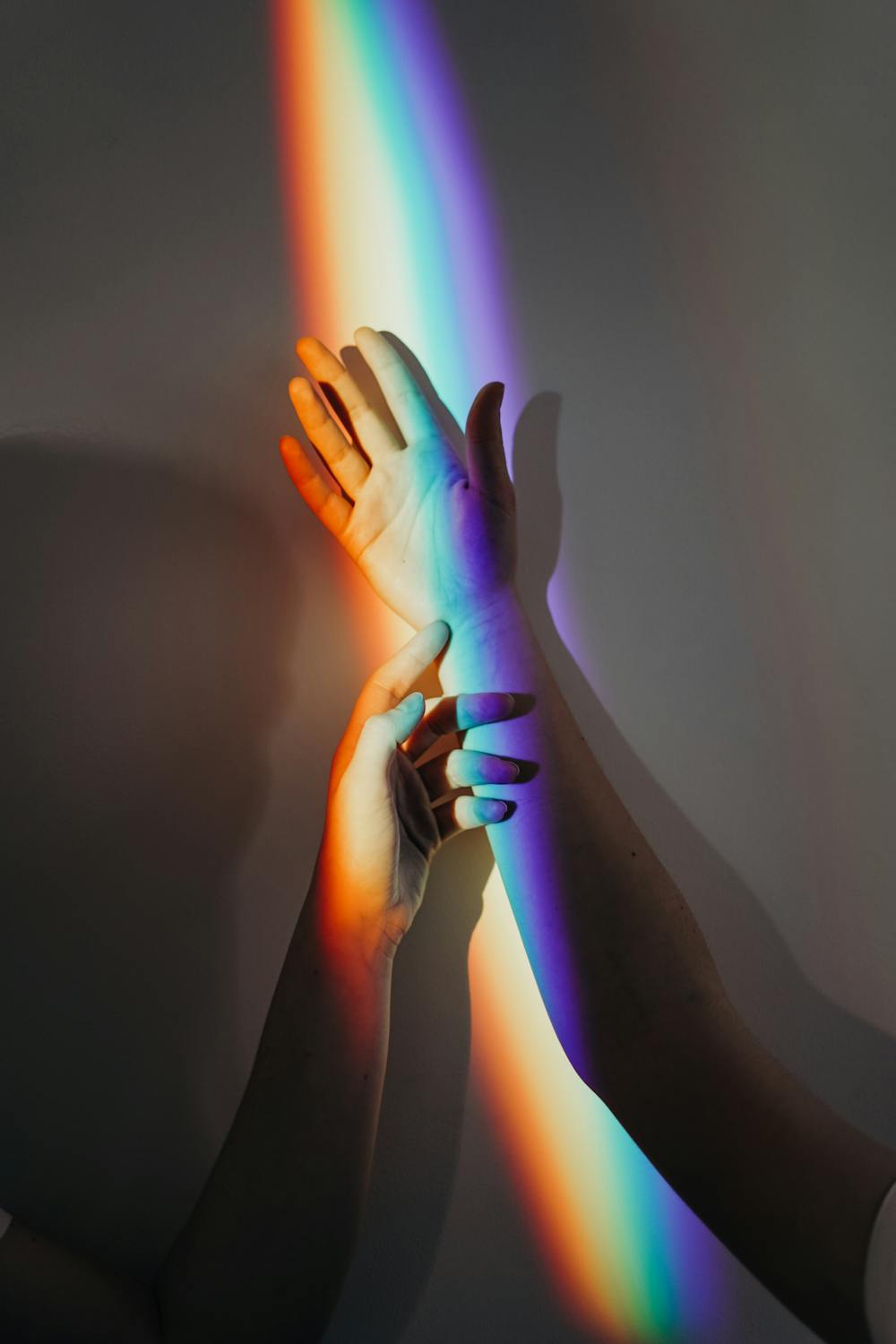
It took a pandemic to notice the needs of the unsheltered. It took a pandemic for major news sources to start seriously critiquing the hierarchy of our economy, most often structured based on the privilege of identities. The disproportionate death of black people is not a phenomenon of 2020’s global pandemic. White Americans are just now beginning to whisper about racial inequity, specifically in the healthcare system. Perhaps it’s because ignorance is a manifestation of privilege or lack thereof. A pandemic does not strip away the ladder of privilege.
But a pandemic digs through forgotten dirt and finds the bones that privilege tossed in an unmarked grave.
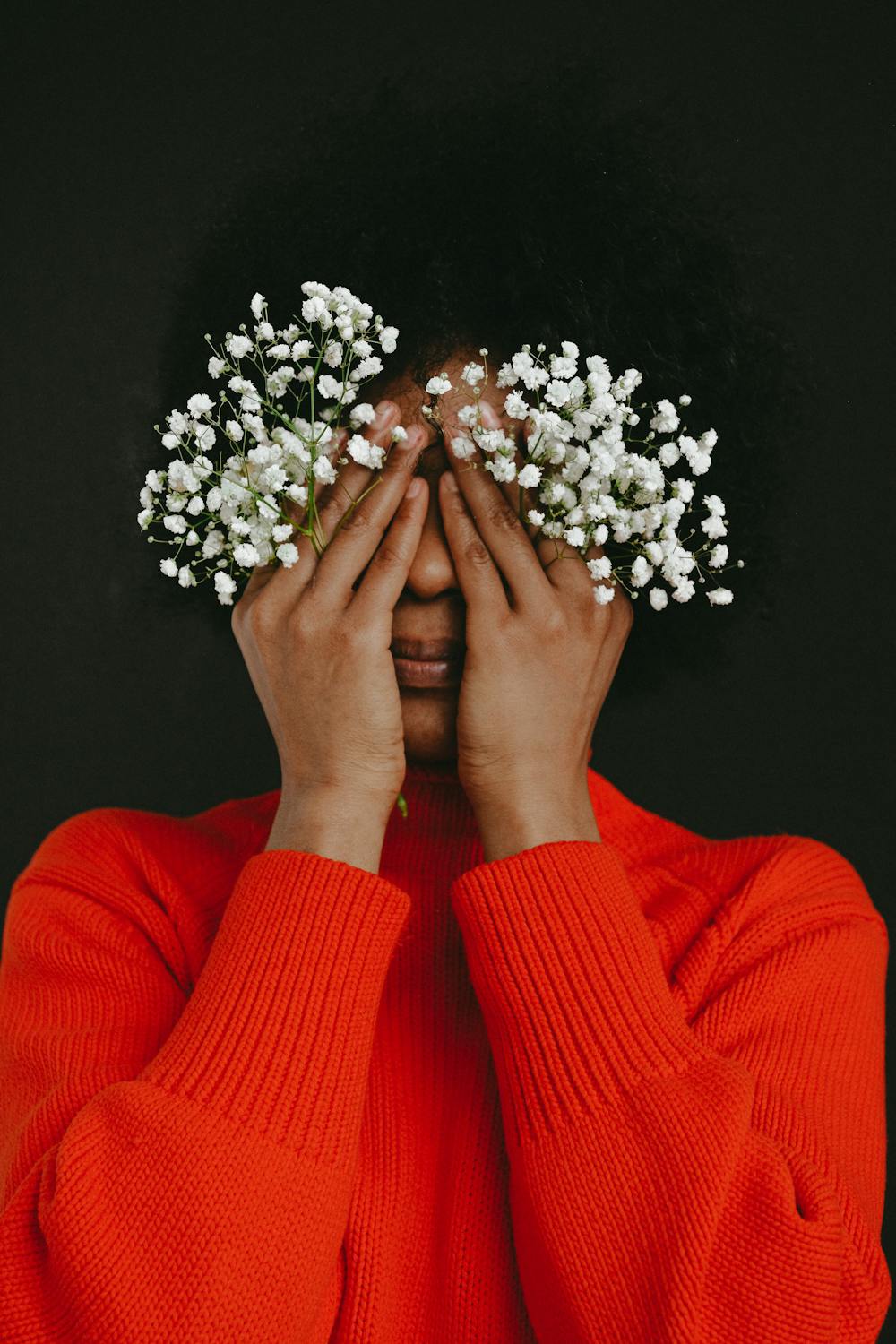
For me, it’s easier to dig through these unmarked graves than my own mind. I think I’m an optimist who has made a bad habit of being pessimistic. My life unraveled in the span of a month. The second week of quarantine I slipped back into patterns of pain I thought I’d escaped. It’s funny how the darkest parts of us resurface in periods of claustrophobic nostalgia. When quarantined with nothing to distract me from myself, I had to notice this darkness. I had to notice myself. And isn’t noticing a step away from appreciation?

